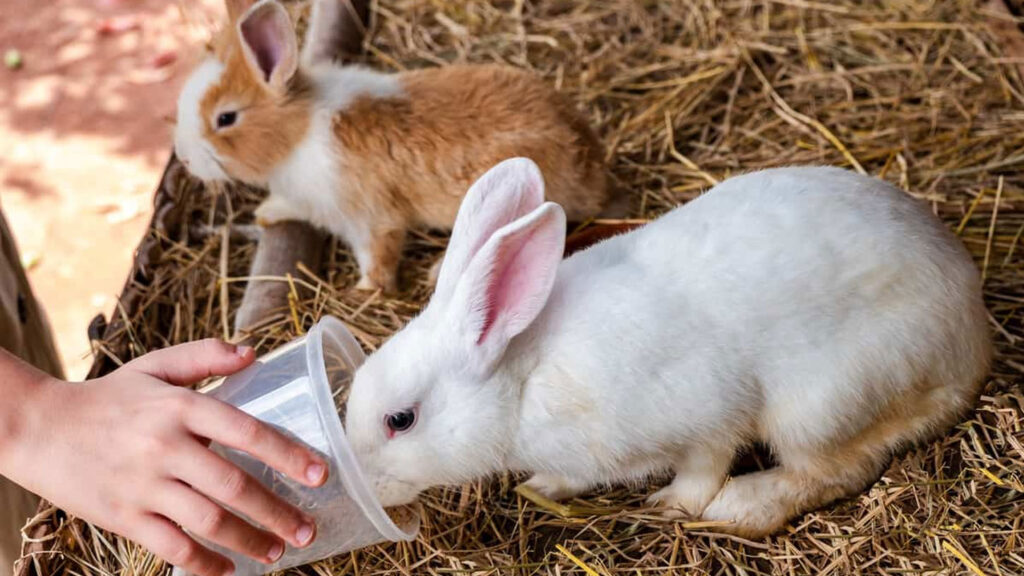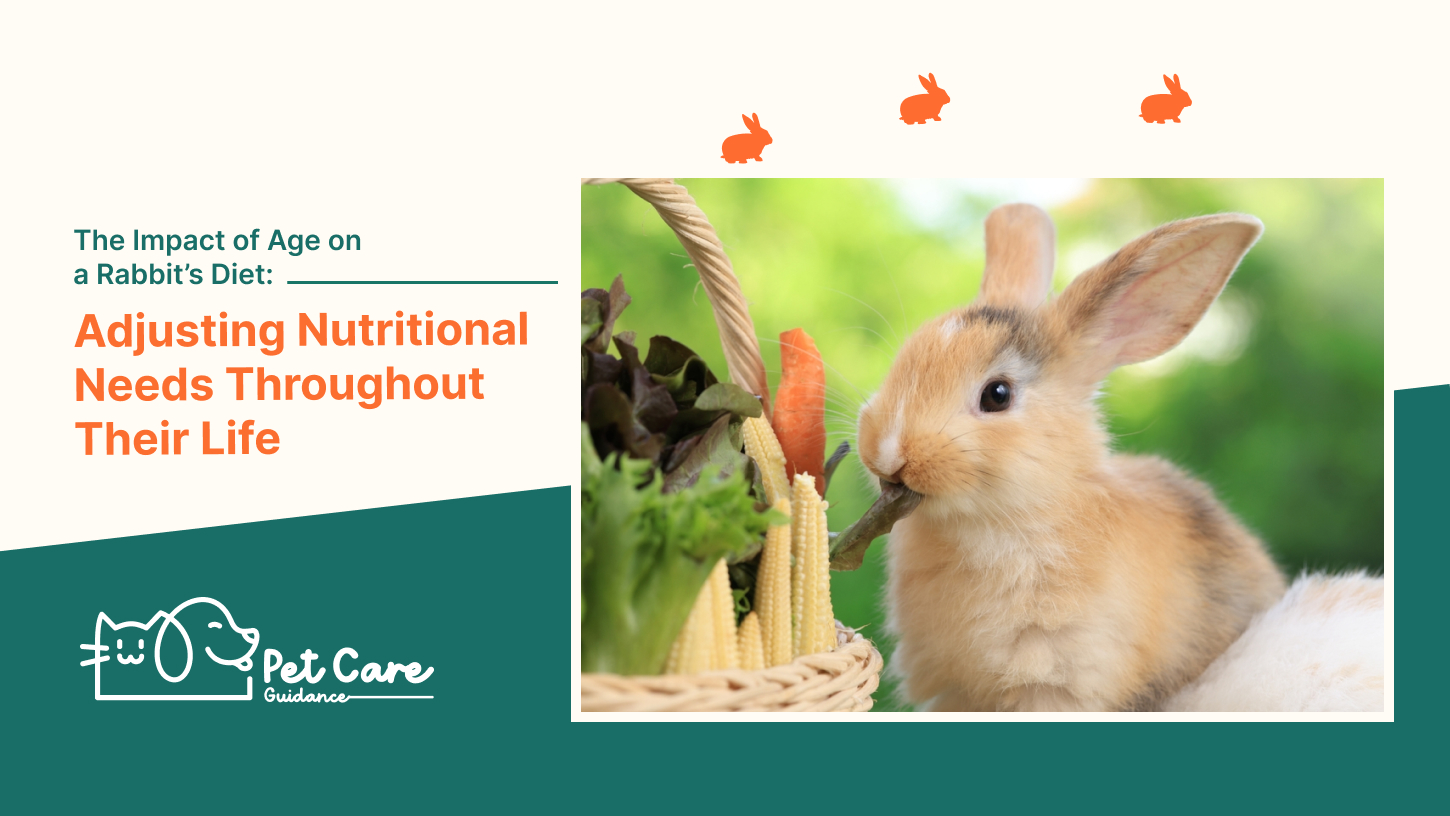The nutritional needs of a rabbit change as they age, requiring adjustments in their diet throughout their lifespan. As rabbits age, their nutritional needs undergo significant changes, and it is crucial to understand these adjustments to ensure their overall health and well-being.
Just like humans, rabbits require different nutrients at different stages of life to support their growth, development, and maintenance. From being young and energetic to becoming senior and more sedentary, a rabbit’s dietary requirements evolve over time. This article explores the impact of age on a rabbit’s diet and the necessary adjustments that need to be made along the way.
By understanding these nutritional needs, rabbit owners can make informed choices regarding the food they provide and ensure their furry companions live a happy and healthy life.
Nutritional Requirements For Baby Rabbits
What do baby rabbits eat?
- Alfalfa
- Watercress
- Hay
- Spinach
- Wheatgrass
- Raspberry
As baby rabbits grow, their nutritional needs change. They require a diet that is rich in nutrients and easy to digest. One important food for baby rabbits is alfalfa, which is high in protein and calcium, essential for their growth and development. Watercress is another great option as it is packed with vitamins and minerals. Hay should also be included in their diet as a source of fiber.
Other greens such as spinach and wheatgrass can be gradually introduced to provide variety and additional nutrients. Lastly, raspberries can be given as treats occasionally, as they are tasty and contain antioxidants.

Changes In Diet As Rabbits Age
As rabbits age, their nutritional needs change and adjustments to their diet may be necessary. Age affects rabbits in various ways, including changes in behavior and mobility issues that can impact their eating habits.
Older rabbits may exhibit slower behavior and experience mobility issues. If you notice your rabbit having trouble moving around or stiffness, it is advisable to consult a veterinarian for possible treatments.
When it comes to diet, adult rabbits typically require no more than a tablespoon of pellets per kilogram of body weight per day. However, senior rabbits may need slightly more to prevent weight loss. It is important to note that senior rabbits are generally less active, so they may require fewer pellets than their younger counterparts.
In addition to pellets, hay, leafy greens, and water should still be included in a senior rabbit’s diet. These basics provide essential nutrients and hydration for their overall health and well-being.
Caring for the nutritional requirements of senior rabbits is crucial in ensuring they age gracefully. Adjustments to their diet can help support their specific needs and enable them to live a happy and healthy life.
Nutritional Needs Of Senior Rabbits
|
As rabbits age, their dietary needs may change. Do older rabbits need more food? The general rule for adult rabbits is that they require no more than a tablespoon of pellets per kilogram of body weight per day. However, senior rabbits may require slightly more in order to maintain their weight. It’s important to monitor their weight and adjust their diet accordingly.
|
Frequently Asked Questions Of The Impact Of Age On A Rabbit’S Diet: Adjusting Nutritional Needs Throughout Their Life
How Does Age Affect Rabbits?
Age affects rabbits in terms of changes in behavior and mobility. Older rabbits may experience stiffness and difficulty moving. They may require slightly more food to maintain weight, but less activity may lead to reduced pellet consumption. Adjusting their diet accordingly is important as they still need hay, leafy greens, water, and some pellets.
Do Older Rabbits Need More Food?
Older rabbits may require slightly more food to prevent weight loss, but their activity level is generally lower than younger rabbits. Adult rabbits need no more than a tablespoon of pellets per kilogram of body weight per day.
What Age Do You Change Rabbit Food?
Rabbits’ food should be changed as they age. Adjust their diet by gradually introducing new foods. Remember to provide hay, leafy greens, water, and a small amount of pellets. Older rabbits may need slightly more pellets to maintain their weight.
What Are The Nutritional Requirements For A Senior Rabbit?
Senior rabbits require a diet that includes hay, leafy greens, water, and some pellets. They may need slightly more pellets to maintain weight but generally require fewer pellets due to reduced activity. Adjust the diet based on their age while ensuring access to the essentials.
Conclusion
As rabbits age, their nutritional needs change, requiring adjustments in their diet. It’s important to provide a balanced diet consisting of hay, leafy greens, water, and pellets. While adult rabbits need no more than a tablespoon of pellets per kilogram of body weight, senior rabbits may require slightly more to maintain their weight.
However, since they are generally less active, they may need fewer pellets. By catering to their changing needs, you can ensure your rabbits live a healthy and fulfilling life.


